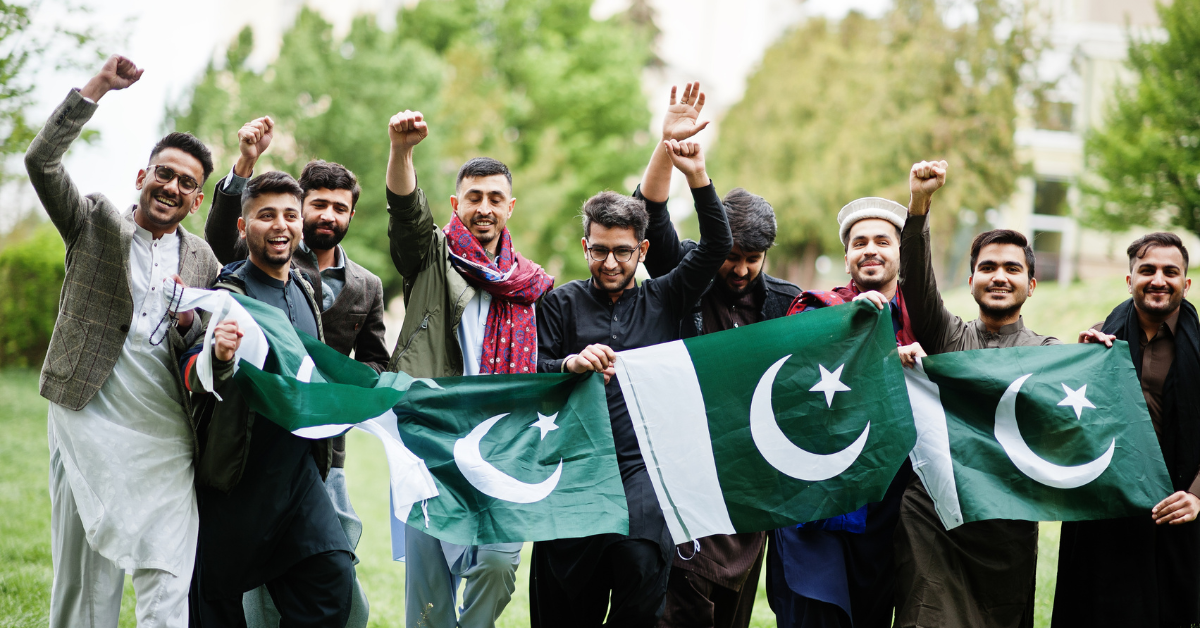The image that Japanese people have of Pakistanis is shaped by media reports, cultural differences, and personal interactions. While some impressions are positive, such as hospitality and sincerity, others are influenced by misunderstandings about religion and safety. Understanding both sides is key to reducing prejudice.
General Impressions Japanese People Have of Pakistanis
The impressions Japanese people hold can be broadly divided into “positive impressions” and “impressions accompanied by unease.”
Positive Impressions
- Strong family and community values
- Polite and sincere personalities
- Many speak English and are internationally minded
- Cheerful and friendly
Impressions Accompanied by Unease
- Religious misunderstandings create distance
- Concerns due to media reports on security issues
- Belief that lifestyle may not easily fit into Japanese society
Background of These Impressions
The impressions are shaped not only by personal experiences but also by media coverage, cultural differences, and actual interactions.
| Factor | Japanese Perception | Influence |
|---|---|---|
| Media | Frequent focus on terrorism or security issues | Viewed as coming from dangerous regions |
| Religion | Islamic customs unfamiliar in Japan | Perceived as difficult to understand |
| Interaction | Contact with Pakistani residents in Japan | Leads to recognition of friendliness |
Comparison of Positive and Negative Impressions
| Aspect | Positive Image | Negative Image |
|---|---|---|
| Personality | Cheerful and friendly | Strict and unapproachable, often misunderstood |
| Family values | Family-oriented and supportive | Sometimes seen as closed off |
| Religion | Sincere with strong faith | Believed to be too strict for Japanese culture |
| Social image | High English ability, international | Strong preconceptions about security |
Japanese Perceptions of Daily Life
Everyday customs such as food, clothing, and greetings strongly shape impressions.
| Lifestyle Aspect | Japanese Perception | Result |
|---|---|---|
| Food culture | Emphasis on halal is unusual | Differences from Japanese diet strongly felt |
| Clothing | Traditional Islamic attire | Seen as neat but may create distance |
| Greetings | Polite and religiously influenced | Leads to impressions of sincerity |
Impressions of Work Attitudes
Japanese people also form opinions about Pakistanis based on workplace behavior.
| Item | Positive Evaluation | Points of Concern |
|---|---|---|
| Cooperation | Strong sense of helping colleagues | Religious holidays and leave not always understood |
| Responsibility | Work given is handled sincerely | Different sense of time compared to Japanese norms |
| Internationality | Praised for English skills and flexibility | Cultural gaps may cause misunderstandings |
Food Culture as a Bridge for Exchange
Pakistani cuisine is rich in spices, making it stimulating yet approachable for Japanese people.
| Culinary Feature | Japanese Reaction | Exchange Effect |
|---|---|---|
| Abundant spices | Fresh and unique | Serves as an entry point to cultural understanding |
| Curry culture | Similar to Japanese curry, familiar | Creates a sense of closeness through food |
| Sharing meals | Conversations flow when eating together | Becomes a catalyst for deeper exchange |
Conclusion
The image Japanese people have of Pakistanis is shaped by both preconceptions from media and religious differences and the positive, sincere impressions gained through real interaction. Reducing prejudice and promoting mutual understanding requires respect for lifestyles and religious practices.
In particular, food culture and workplace cooperation play major roles in building bonds. When differences are embraced as new values, trust can grow. For Japanese society, respecting diversity and fostering intercultural understanding is essential to deepening the perception of Pakistanis and improving bilateral relations.






